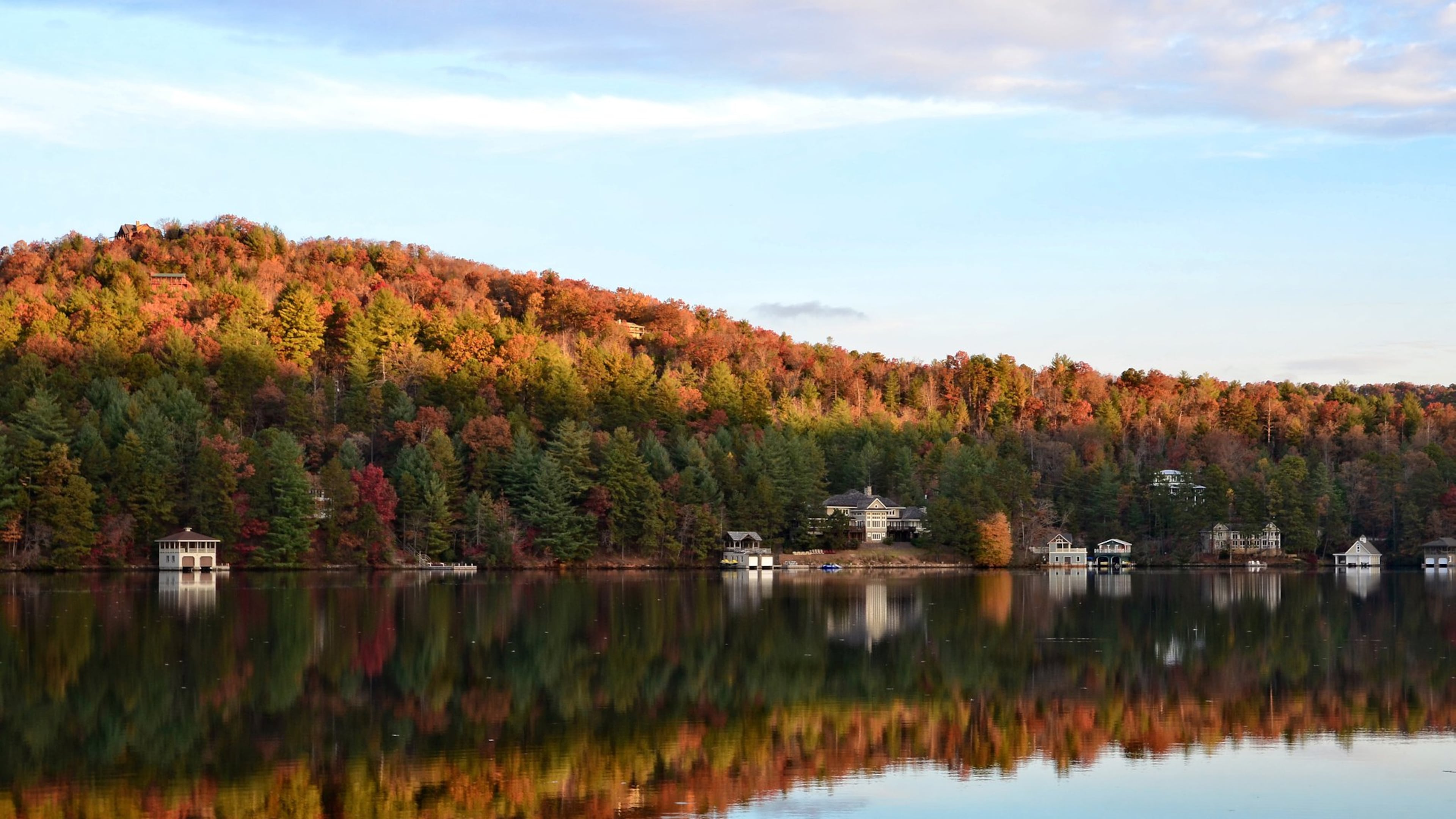North Georgia digs out from Helene as some floodwaters head south

The storm that battered much of the Southeast also pummeled parts of North Georgia while only delivering a glancing blow in other areas in Georgia that had braced for much worse.
“We were blessed,” Marty Roberts, the emergency management agency director for Towns County in the mountainous northeast part of the state, said Saturday. “What we were expecting and what we got were totally different things.”
But two adjacent North Georgia counties, Rabun and Habersham, dealt with numerous trees crashing down. In parts of Rabun, “the fire department told us it looks like a bomb went off,” said Gregg Dover, a manager for the county’s 911 system.
Hurricane Helene, after making landfall on Florida’s Gulf Coast late Thursday, weakened as it crossed Georgia early Friday but still carried high winds and dumped heavy rains. Southeast and Middle Georgia were among the hardest-hit areas.
Rabun authorities ordered an emergency evacuation of people living below a dam at Lake Rabun in North Georgia early Friday after officials opened a third floodgate on Mathis Dam, inundating a nearby road and trapping people in their communities.
In Habersham, the county road department dealt with about 400 fallen trees, not including what fell inside city limits or state highways, according to spokesman Rob Moore. At least a dozen roads remained closed Saturday afternoon, with some toppled trees still wrapped up in power lines.
By midday Saturday in Hart County, near where I-85 crosses from Georgia into South Carolina, just seven roads were still closed after crews cleaned up trees that had fallen on at least 178 byways, according to Hart County Commission Chairman Marshall Sayer.
In Towns County, along Georgia’s northern border with North Carolina, the Hiwassee River crested at over 10 feet before flowing into Lake Chatuge, Roberts said. That was about a foot lower than its worst flooding ever, he said.
The river swept over its banks but only flooded pastures and parts of a campground, without ever reaching campers, Roberts said. And by Saturday morning, the river levels had dropped sharply.
“We dodged a massive bullet,” he said.
Power outages in Georgia as of Saturday were more concentrated in the southern, middle and eastern parts of the state rather than the northernmost counties.
Some of the most shocking images of damage from Helene involved flooding that occurred farther north, particularly in North Carolina. Much of that water won’t reach Georgia, said Seth Wenger, director of science at the University of Georgia River Basin Center. Instead, a lot will flow into Tennessee, he said.
In Georgia, meanwhile, many major river systems generally flow north to south. Much of that water stems from rain that falls in North Georgia or just the very edges of border states. (In Towns County, Hiwassee is one of the exceptions, flowing north into North Carolina and then Tennessee.)
In Georgia, it can take days for rain that hits in the headwaters of a river basin to reach downstream communities in southern parts of the state, Wenger said. So while some of the upper reaches of river systems have seen water recede, “there are parts of the state that haven’t seen the highest river levels yet,” he warned.
On Saturday, the National Weather Service had flood warnings in place for several parts of North Georgia as well as a hazardous weather outlook for parts of the northern and central part of the state. That outlook extended through Friday.
“River flooding will continue through the upcoming week, with impacts becoming increasingly focused along main stem rivers in central Georgia like the Flint, Ocmulgee and Oconee,” the service wrote.
And a “major flood” is forecast for Sweetwater Creek in Austell, where flooding has already been observed, according to the National Water Prediction Service of the National Oceanic and Atmospheric Administration.
North Carolina had worse flooding than what has been reported in Georgia, in part because of more and higher mountains farther north, Wegner said.
Warm air holds more moisture than cool air. When the storm system hit and rose above the North Carolina mountains, the air cooled, causing even more intense rain, Wenger said. Compounding the issue: Some of the rivers there were high already from rains that caused flooding even before the hurricane hit, he said.
Editor’s note: This article has been corrected to reflect that Towns County borders North Carolina and that the Hiwassee River flows north into North Carolina before reaching Tennessee. An earlier version of the article incorrectly stated that Towns borders Tennessee.



